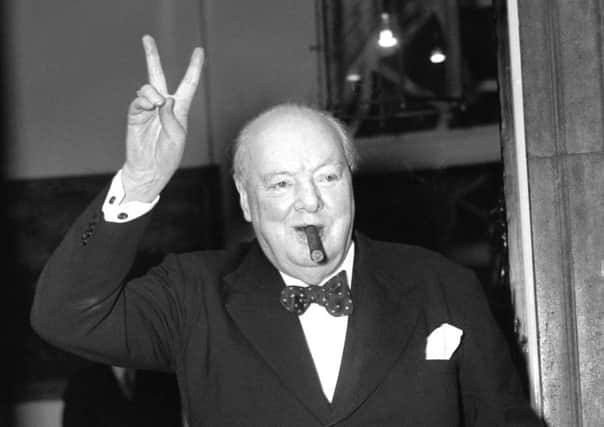IAIN WRIGHT: Why I voted in favour of Article 50 Bill


Any potential piece of law, called a Bill before it becomes an Act of Parliament, goes through the same process. A Bill receives a Second Reading debate, where the general principles of the issue are discussed. If that is passed, a Bill has a Committee stage, where the precise details of the Bill are debated, potentially amended and voted upon. Each piece of legislation receives line-by-line scrutiny at this stage. After that, a Bill will receive a so-called Report Stage and then Third Reading, where the general principles and points made during the Bill’s passage in Parliament are debated again. I know people often express frustration that laws are not passed or changed immediately, but quick legislation often makes for poor legislation with adverse consequences. The system is far from perfect, and far too often there is insufficient time to debate matters as thoroughly as should be the case, but at least matters are discussed.
People naturally and inevitably have strong and opposing views when it comes to a whole range of topics. That is especially so when it comes to an issue as significant and divisive as the European Union and Britain’s role within it.
Advertisement
Hide AdAdvertisement
Hide AdI’ve had loads of emails from constituents and from people around the country, as well as ex-pats in Europe, informing me of their views about how I should vote. The arguments tend to fall into two, opposing, camps: that I should vote in accordance with how Hartlepool as a constituency voted, regardless of my own views; or alternatively, I should consider a wider point away from constituency issues or views and think about what I personally believe is best for the country.
Many emails have quoted Edmund Burke and his views of the role of an MP. Burke was an MP in Bristol in the 18th century, and he told us and his voters that every MP: “owes you, not his industry only, but his judgment; and he betrays, instead of serving you, if he sacrifices it to your opinion.” Winston Churchill said something similar that is worth quoting in full:
“The first duty of a MP is to do what he thinks in his faithful and disinterested judgement is right and necessary for the honour and safety of Great Britain. His second duty is to his constituents, of whom he is the representative but not the delegate. Burke’s famous declaration on this subject is well known. It is only in the third place that his duty to party organization or programme takes rank. All these three loyalties should be observed, but there is no doubt of the order in which they stand under any healthy manifestation of democracy.”
I vote based on what I think, using my judgment, is in the best interests of Hartlepool. I think those interests are usually the same as those of the wider country. What I am not is a delegate. It is difficult to be one on many matters, particularly of conscience: if Parliament votes about, say, abortion, I will receive contrasting views from constituents urging me to vote in accordance with their views. On those matters, I have to choose how I vote based upon my own principles. Only this week, I have had emails from people about President Trump and his planned State Visit and speech to Parliament – half saying I should support it, half saying I should oppose it. In those instances, I have to use my judgment.
Advertisement
Hide AdAdvertisement
Hide AdHowever, the question of the European Union Bill is not about that. This is different. There are some people who say that the referendum result was only advisory and that Parliament should reject it. Frankly, I think that’s utter rubbish. The referendum was an exercise in direct democracy, in which the people of Britain, by a slim but nevertheless clear majority, voted to leave the EU. I think in this specific instance, the role of MPs is to ensure that the wishes of the British public are observed. The process of Brexit will be complex and difficult, and it is important that our country receives the best possible deal. Parliament has a role in scrutinising the nature of that deal. However, the people expressed their view. For that reason, I voted for Article 50 at Second Reading, and did so again at Third Reading.